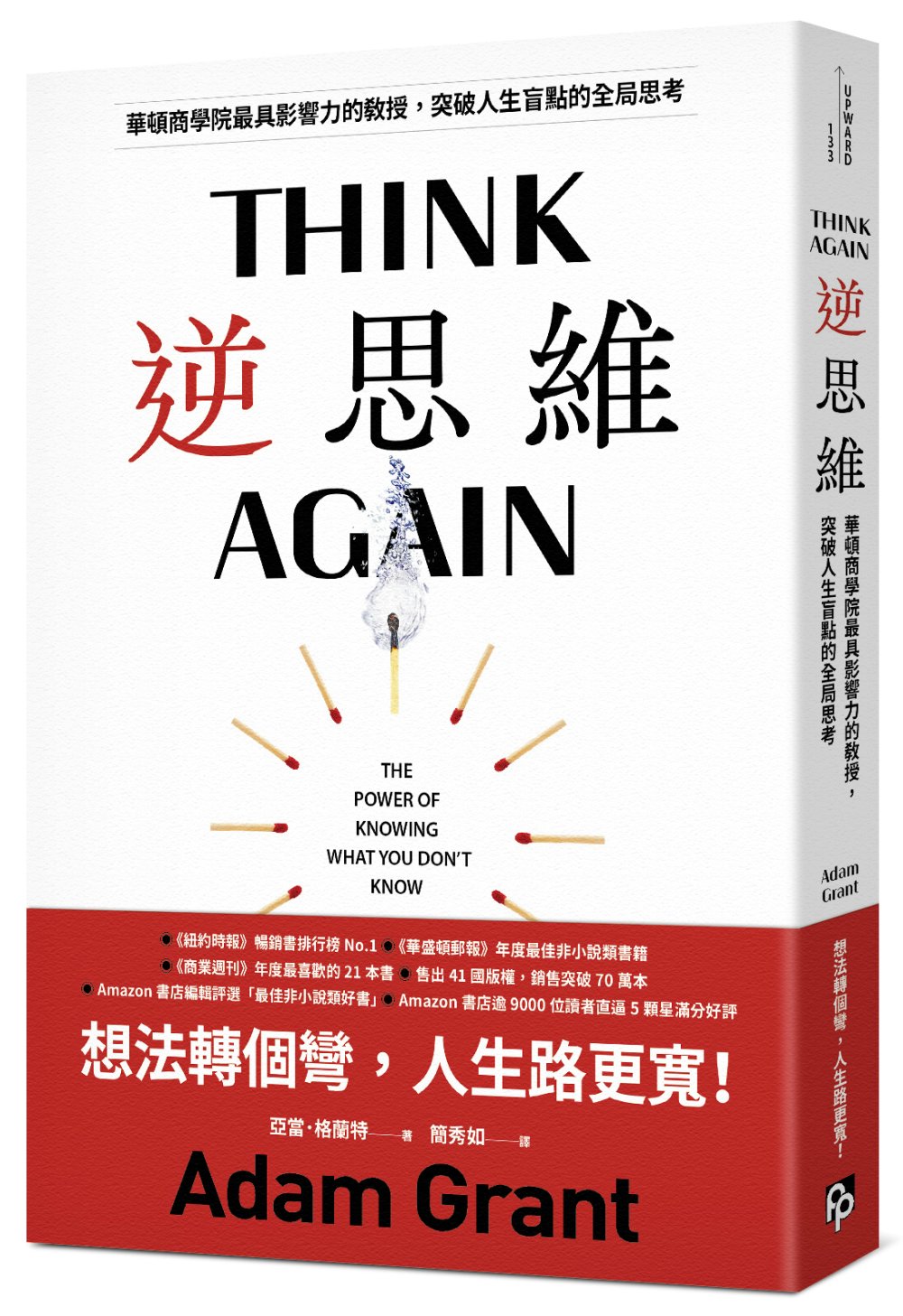This book tracks the phenomenon of international corporate personhood (ICP) in international law and explores many legal issues raised in its wake. It sketches a theory of the ICP and encourages engagement with its amorphous legal nature through reimagination of international law beyond the State, in service to humanity.
The book offers two primary contributions, one descriptive and one normative. The descriptive section of the book sketches a history of the emergence of the ICP and discusses existing analogical approaches to theorizing the corporation in international law. It then turns to an analysis of the primary judicial decisions and international legal instruments that animate internationally a concept that began in U.S. domestic law. The descriptive section concludes with a list of twenty-two judge-made and text-made rights and privileges presently available to the ICP that are not available to other international legal personalities; these are later categorized into ’active’ and ’passive’ rights. The normative section of the book begins the shift from whatis to whatought to be by sketching a theory of the ICP that - unlike existing attempts to place the corporation in international legal theory - does not rely on analogical reasoning. Rather, it adopts the Jessupian emphasis on ’human problems’ and encourages pragmatic, solution-oriented legal analysis and interpretation, especially in arbitral tribunals and international courts where legal reasoning is frequently borrowed from domestic law and international treaty regimes. It suggests that ICPs should have ’passive’ or procedural rights that cater to problems that can be characterized as ’universal’ but that international law should avoid universalizing ’active’ or substantive rights which ICPs can shape through agency. The book concludes by identifying new trajectories in law relevant to the future and evolution of the ICP.
This book will be most useful to students and practitioners of international law but provides riveting material for anyone interested in understanding the phenomenon of international corporate personhood or the international law surrounding corporations more generally.











